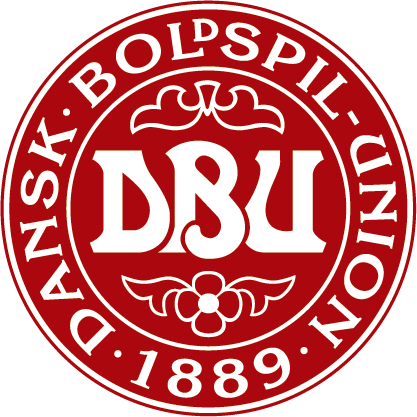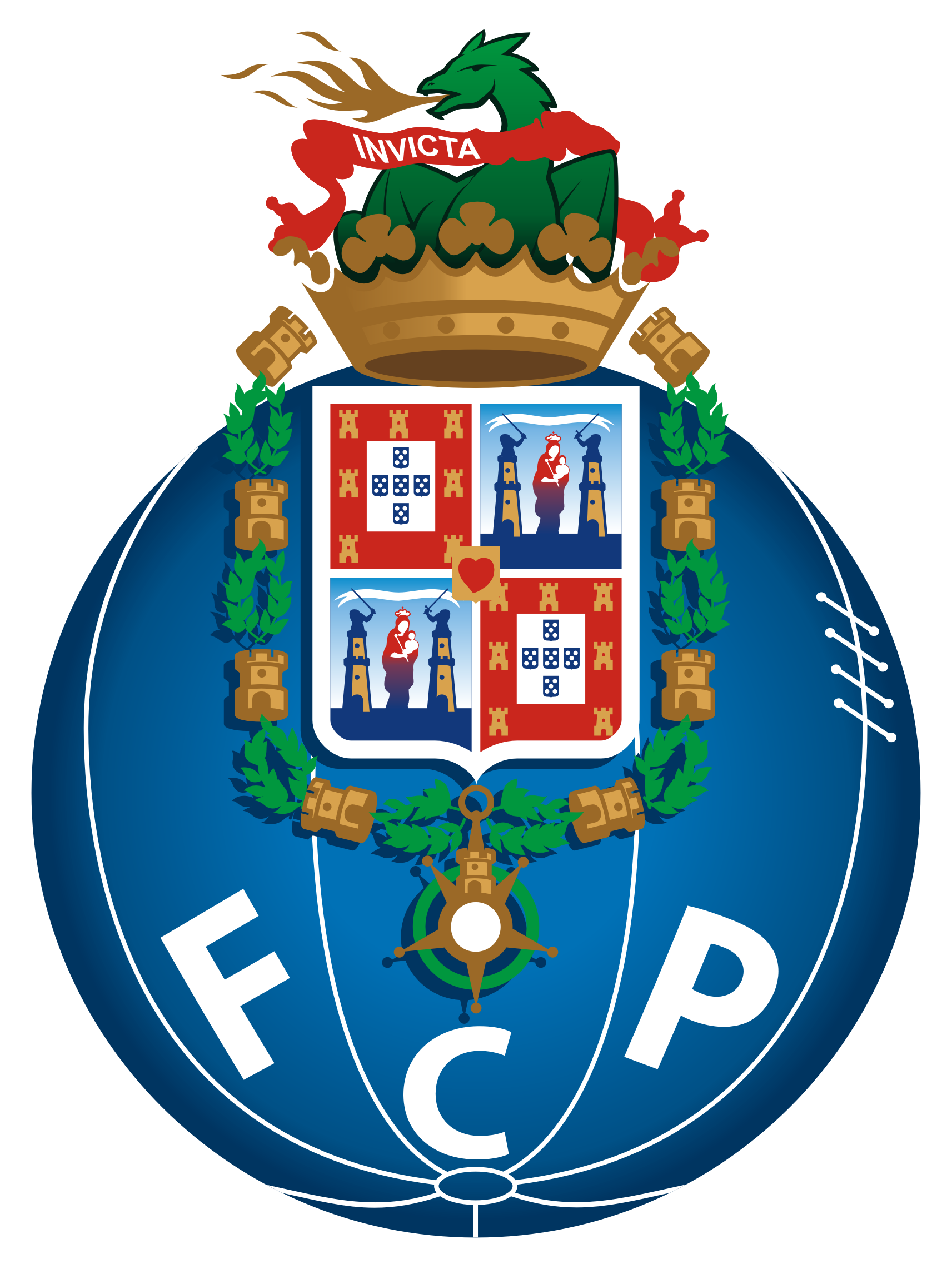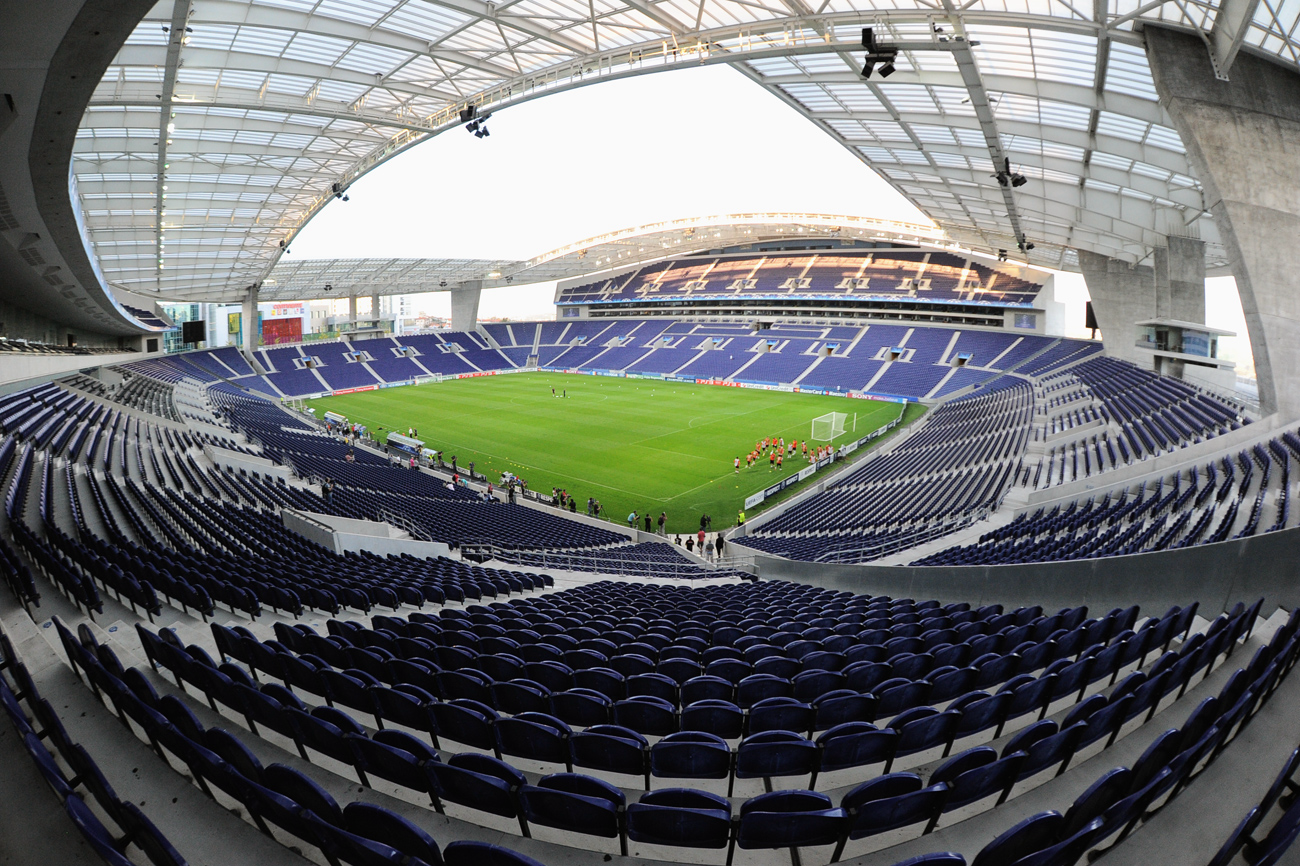FC Porto’s Dragao stadium in focus as ESSMA visits it for an interview
Ms. Teresa Santos, Sustainability Manager for FC Porto, uncovers the club’s progressive strides toward sustainability in professional sports venues.
ESSMA, the European Stadium & Safety Management Association, which unites the stadium industry in Europe and provides expertise and cooperation opportunities in six expert areas, among which a significant place occupies environmental sustainability, too. Titled “FC Porto’s Sustainable Odyssey: Navigating Challenges and Setting Benchmarks”, the insightful interview uncovers the club’s various improvements and progressive strides toward sustainability in professional sports venues.

According to Ms Santos, the evolution of sustainability in sports venues has become a central focus in professional sports, not only due to organisational demands but also heightened awareness within clubs about the positive and negative impacts they can make. Of course, those certainly with certain challenges and solutions. Top management commitment, resource allocation, and a long-term perspective are identified as key challenges in implementing sustainability strategies. Ms. Santos emphasises the need for top management buy-in and suggests showcasing the positive impacts on the local community, brand reputation, and long-term cost savings. Furthermore, cooperation among different departments within the club is highlighted as essential for successful sustainability integration. Ms. Santos points to the importance of open communication, shared objectives, and a unified commitment to maximize the impact of sustainability initiatives.
Looking at externalities, partnerships and supplier collaborations play a crucial role in supporting sustainability objectives. FC Porto ensures that suppliers align with their values and contribute positively to sustainability. The club’s sustainability efforts extend through partnerships, leveraging its exposure to make a broader impact.
As highlights and key focuses the club has in the field of environmental management, Ms Santos picked out sustainable food and beverage initiatives, renewable energy, sustainable waste management among other.
FC Porto has implemented several sustainable initiatives in their food and beverage practices, including reusable cups, food waste reduction projects, and donations to local organisations. These efforts contribute to a more environmentally friendly and socially responsible approach. These initiatives certainly contribute to a sound and responsible waste management, too – a remarkable 90% of matchday waste at FC Porto is recycled, thanks to a well-defined waste circuit, internal and external audits, and a commitment to proper waste segregation. The club’s waste management strategy involves various waste points and a dedicated Waste Centre equipped for effective waste processing.
To combat the energy crisis, FC Porto has embraced renewable energy sources, installing over 2,000 photovoltaic panels across its infrastructures. This initiative not only benefits the club but also shares surplus energy with the local community, marking a significant step towards energy sustainability.
To conclude the interview, which is available in its full version on ESSMA’s website, Ms Santos also shared her advice for clubs embarking on sustainability by emphasising the involvement of top management, internal analysis, goal definition, and transparent communication with stakeholders.
Source and photo credits: ESSMA














